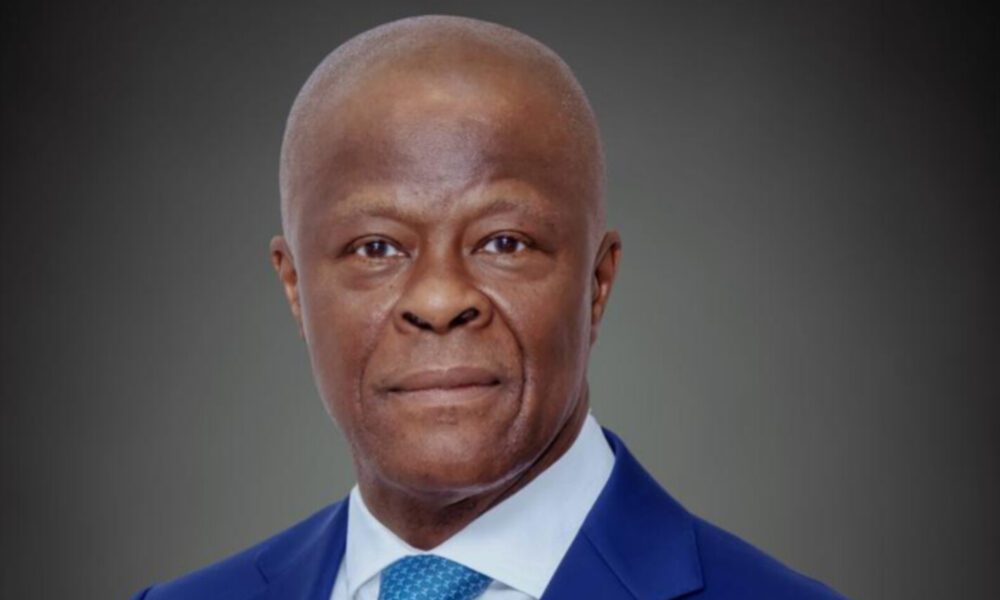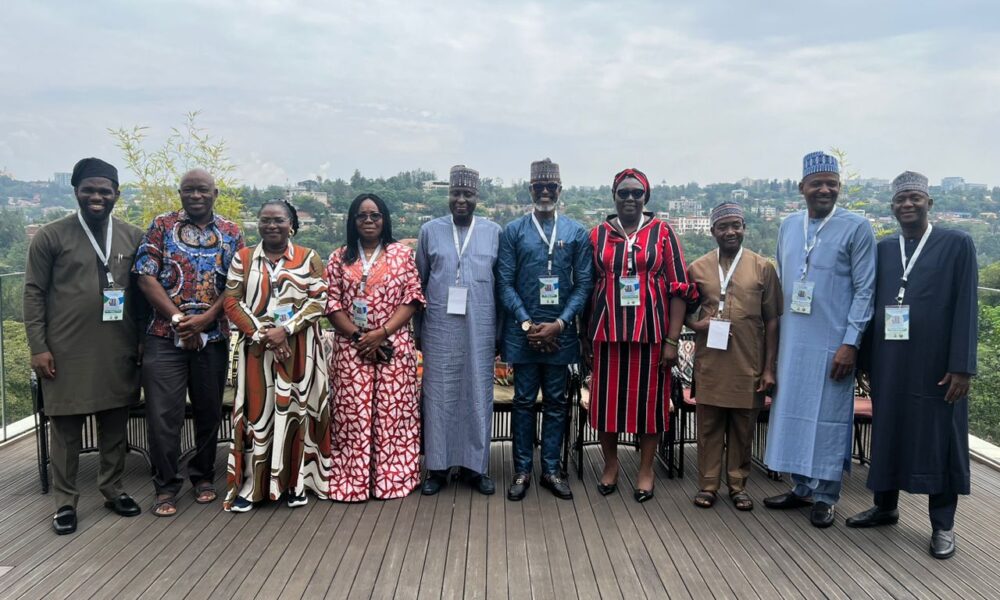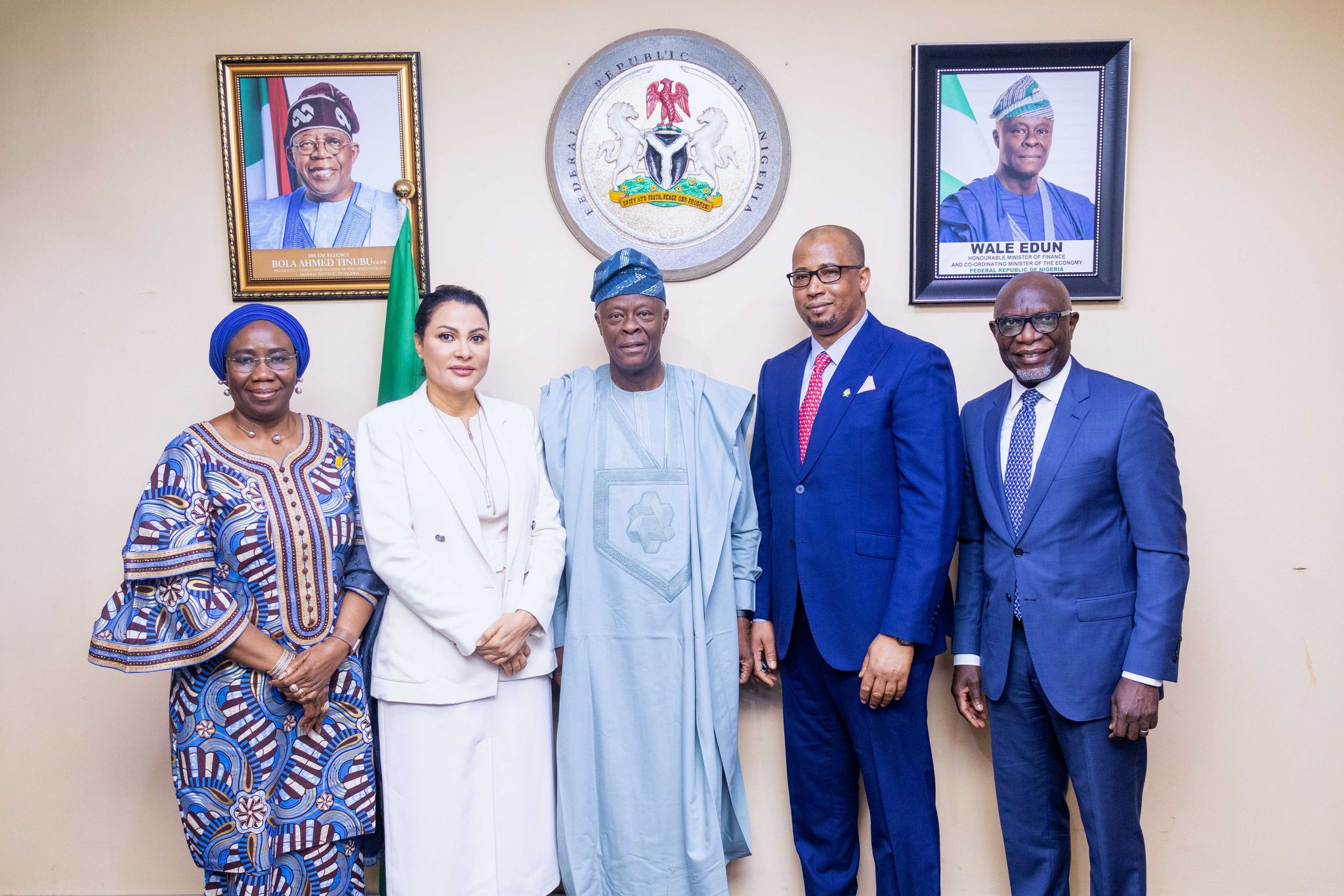In a significant move to rejuvenate Nigeria’s oil and gas industry, the Federal Government has introduced two major fiscal incentives aimed at boosting both the upstream and downstream sectors.
The Minister of Finance and Coordinating Minister of the Economy, Mr. Wale Edun, announced the new measures on Wednesday
Director of Information and Public Relations, Mohammed Manga in a statement indicated that the initiatives which include the Value Added Tax (VAT) Modification Order 2024 and the Notice of Tax Incentives for Deep Offshore Oil & Gas Production, were designed to attract investment, lower operational costs, and support energy transition efforts.
The statement explained that the VAT Modification Order 2024 exempts several critical energy products and infrastructure from VAT.
“These include Diesel, Liquefied Petroleum Gas (LPG), Compressed Natural Gas (CNG), Electric Vehicles, Liquefied Natural Gas (LNG) infrastructure, and Clean Cooking Equipment.
“The aim is to reduce energy costs, promote energy security, and encourage a shift toward cleaner energy solutions in Nigeria.
The statement indicated that the Notice of Tax Incentives for Deep Offshore Oil & Gas Production introduces new tax reliefs for deep offshore oil and gas projects.
“These incentives are expected to attract significant foreign investment to Nigeria’s deep offshore basin, positioning the country as a premier destination for global oil and gas exploration.
According to the statement the reforms are part of the broader economic agenda driven by President Bola Ahmed Tinubu, under Policy Directives 40-42.
“They signal the administration’s commitment to fostering sustainable growth, improving energy security, and ensuring Nigeria remains competitive on the global oil and gas stage.
“With these bold initiatives, Nigeria is firmly on track to reclaim its position as a leader in the global oil and gas market.
“These fiscal incentives demonstrate the administration’s unwavering commitment to fostering sustainable growth, enhancing energy security, and driving economic prosperity for all Nigerians.”
FG Unveils New Fiscal Incentives to Revitalize Nigeria’s Oil and Gas Sector




